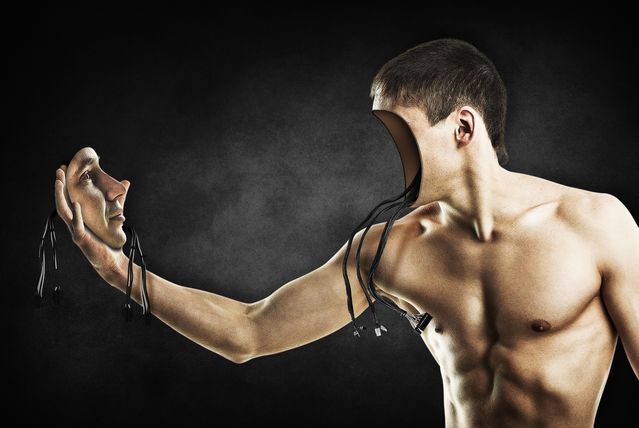Artificial Intelligence
Is Humanity Overrated?
What happens when tech's smarter, faster, and stronger merge with compassion?
Posted July 31, 2018

The debate rages on. As the compassion and perspective of the human mind clashes with the zeros and ones of artificial intelligence, we find ourselves questioning some of the very basic aspects of clinical care and even humanity itself. We stand at an inflection point in human history and marvel at the brightness of the looming singularity.
Well, at least some of us do. Others, perhaps grounded in a more practical world, look at technology as an extension of humanity and offer the advances of artificial intelligence less as AI and more as IA — intelligence augmented.
I would bet the consensus for the argument is the latter. After all, we are the stuff of dreams and conjure the majesty of the universe by the unique and superior systems of human processing and perception. Our brains are the supercomputers that set the standard. But I'm beginning to wonder if our humanity is a bit frail. Our bones break. Our joints wear out. Our muscles atrophy. And while our brains can uniquely stay sharp throughout our entire life, we still see the ravages of disease take their toll there, too.
Yet the profound advances in health tech will allow the real emergence of the “uber man” and offer a reality that is “uber human.” The uberness of tech will raise many questions and force us to look at the world in different ways — and these perspectives will put into question long-held beliefs that, for many, are the bedrock of society.
It's inevitable. Smarter, faster, and stronger will be merged with the softer touchpoints of compassion, empathy, and engagement to reveal something akin to a bedside manner that is as predictable as it is charming.
Even the evolution of something as simple as chatbots can express this idea. Yesterday, chatbot conversations were clunky, at best. They were largely contrived and provided a very limited communication or engagement. Today, that has changed. And tomorrow these limited dialogues may well be indistinguishable from human chat.
But this misses the point. The conversation will actually be better in many useful and important ways. There will be no issue of embarrassment in discussing confidential health conditions or concerns. The engagement will be optimized across language, education, and even gender. Simply put, the next-generation chatbots will provide an experience that is superior to that old, stodgy thing we call human conversation.
The examples will be seen across medicine, from taking an optimal clinical history to easy assimilation of the tsunami of data — from published to personal — that drive innovation and care.
Our human abilities are being eclipsed by tech. And as we hold up humanity as the definitive life form in the universe, we need to ask ourselves a simple question: Is technology and AI man's last great invention?
We cling to our humanity as a baby blanket. It keeps us warm and offers a sense of comfort. But tomorrow's reality will be very different. As patient empowerment and the accessibility of data establish a more collaborative nature of clinical practice, this dynamic will incorporate tech and redefine the human experience. Tech will become us and we will become tech. And our myopic fears will be transformed to a new reality that gives birth to something more human, more capable, and more profound.


